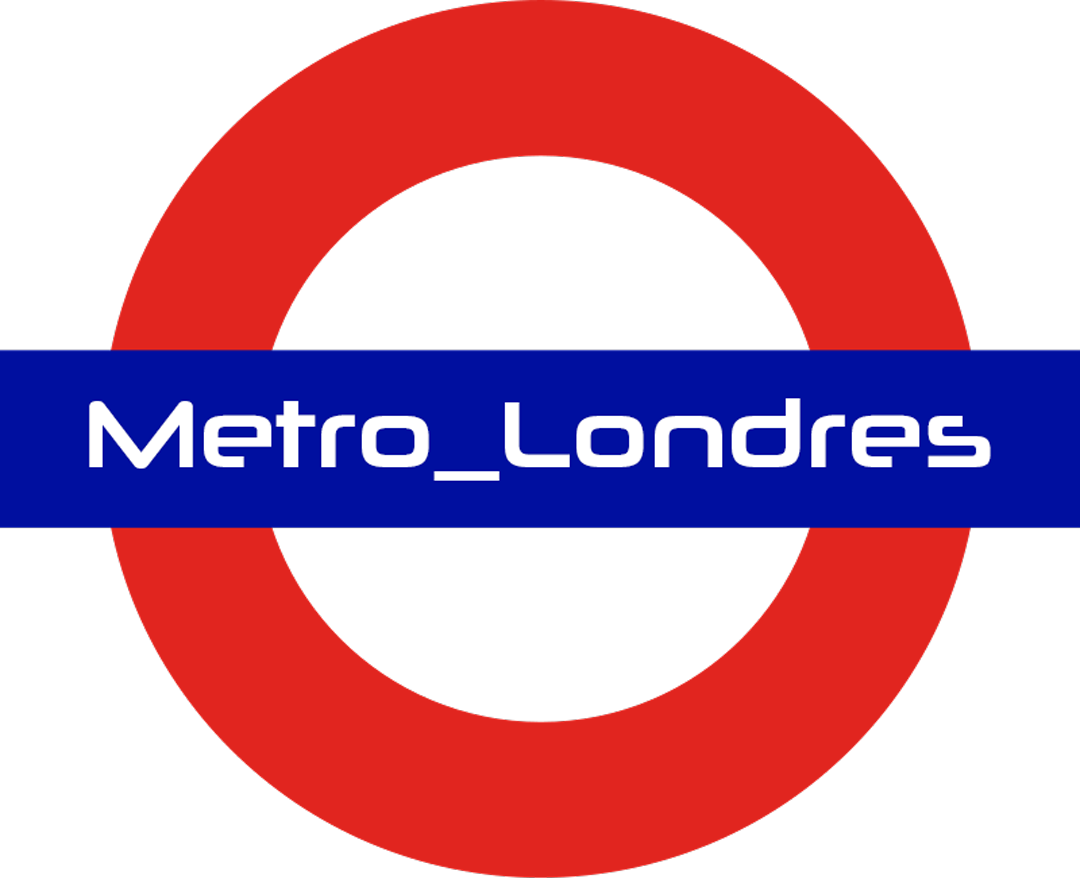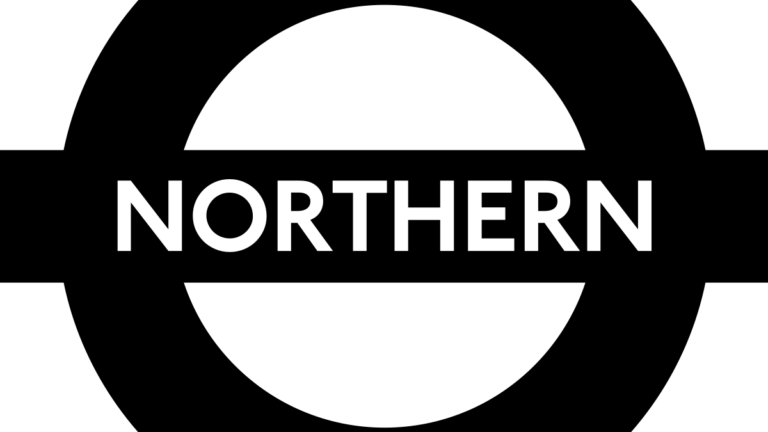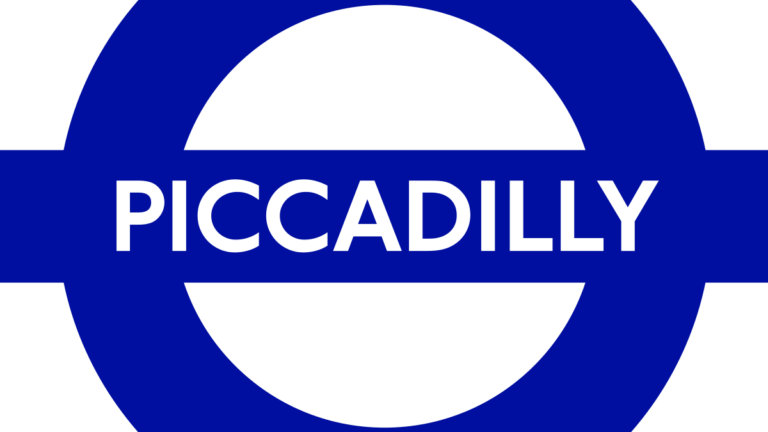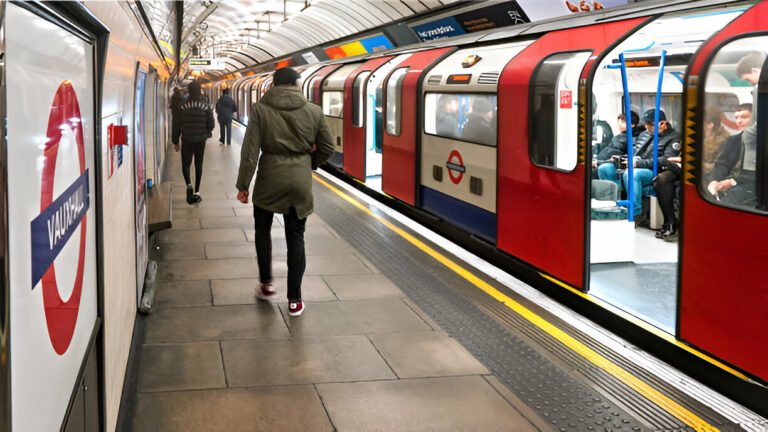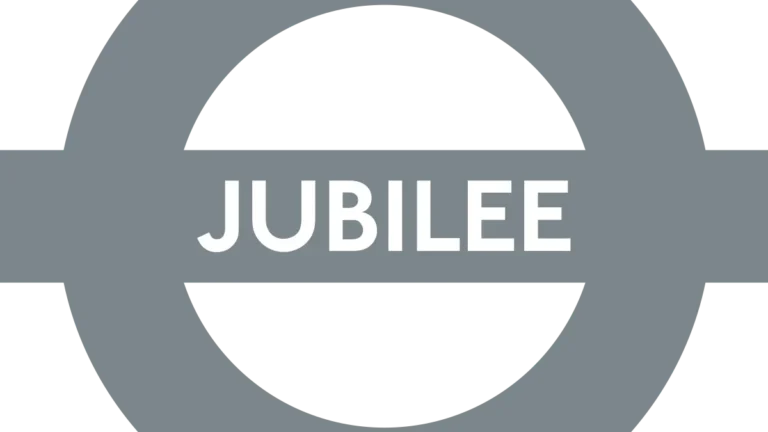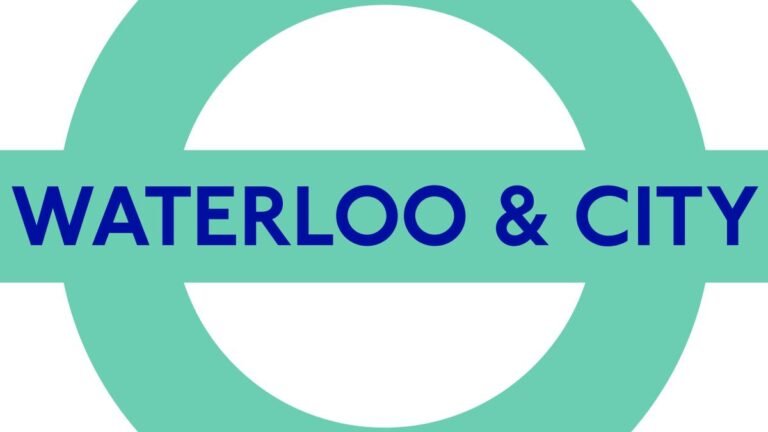The Metropolitan Line map is one of the oldest and most important routes on the London Underground, serving commuters and travelers across the capital and beyond. Recognizable by its magenta color on the Tube map, this line connects Central London to Buckinghamshire, making it essential for both city commuters and suburban travelers.
Metropolitan Line, including:
✔ Full list of Metropolitan Line map stations
✔ Interactive map and route details
✔ Metropolitan Line map TfL operating hours
✔ Fascinating facts about its history
✔ Travel tips for a smooth journey
Whether you’re a daily rider or a first-time visitor, this guide ensures you make the most of your Metropolitan Line experience. Metropolitan line map
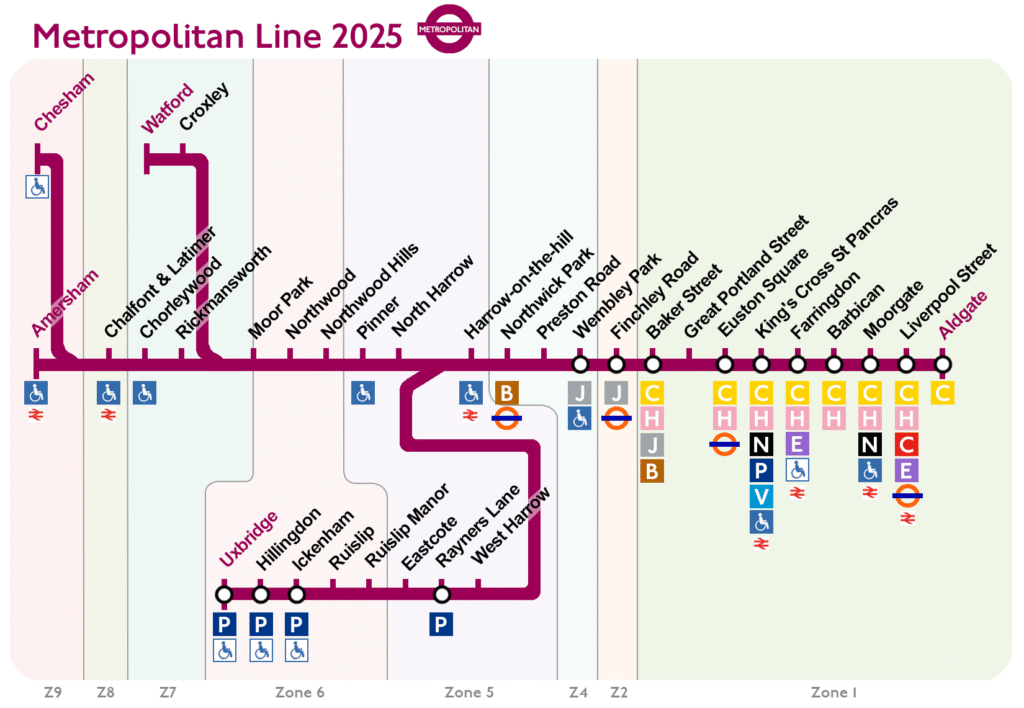
Route 1: Amersham – Aldgate
Metropolitan line map
Route 2: Chesham-Aldgate
Metropolitan line map
Route 3: Uxbridge – Aldgate
Metropolitan line map
Route 4: Watford-Aldgate
Map metropolitan line
1. Overview of the Metropolitan Line (Map metropolitan line)
The Metropolitan Line isn’t just another Tube line—it’s the grandfather of urban railways, pioneering underground travel in 1863. Today, it remains a vital artery, connecting Central London to the leafy suburbs of Buckinghamshire and Hertfordshire.
🚇 Historical Significance
- World’s First Underground Railway: Opened on January 10, 1863, running from Paddington (then called Bishop’s Road) to Farringdon.
- Steam-Powered Origins: Early trains burned coal, filling tunnels with smoke—passengers joked about the “Metropolitan Railway smell.”
- Electrified in 1905: Became the first major railway to switch from steam to electric power.
📍 Route Essentials
| Feature | Details |
| Termini | Aldgate (Central London) ↔ Amersham/Chesham/Watford (Outer London) |
| Length | 67 km (42 miles) (Longest Underground line) |
| Stations | 34 (Including branches to Uxbridge, Chesham, and Watford) |
| Daily Ridership | 500,000+ passengers (Pre-pandemic) |
| Operated By | Transport for London (TfL) |
| Line Color | Magenta (Chosen in 1990 to distinguish it from the red H&C Line) |
🔗 Key Connections To Map of the metropolitan line
The Metropolitan Line’s strength lies in its strategic interchanges:
✔ At Baker Street: Jubilee Line (for Canary Wharf)
✔ At King’s Cross St. Pancras: Eurostar, Thameslink, and 5 other Tube lines
✔ At Liverpool Street: Elizabeth Line and Central Line
✔ At Harrow-on-the-Hill: National Rail to Aylesbury and High Wycombe
🌟 Unique Stations:
- Chesham Branch: The least-used Underground station (just 400 daily passengers).
- Amersham: The furthest Tube station from Central London (27 miles out).
🚆 Modern Operations: Metropolitan tube map
- Trains: S8 Stock (air-conditioned, walk-through carriages)
- Frequency:
- Central Section (Aldgate–Baker St): Every 2-3 mins peak
- Outer Branches (Amersham/Chesham): Every 20-30 mins
- Speed: Up to 70 mph (fastest on the Underground, thanks to suburban stretches).
🌍 Why It Matters Today
- Commuter Lifeline: Serves Northwest London suburbs with direct access to the City.
- Tourist Gateway: Stops at:
- Wembley Park (for Wembley Stadium)
- Chesham (for Chiltern Hills hikes)
- Watford (for Warner Bros. Studio Tour)
- Future-Proofed: Part of the Crossrail 2 proposal (linking Hertfordshire to Surrey).
💡 Did You Know?
The Metropolitan Line once ran express services with parlor cars and dining compartments—London’s first “business class” commute!
Next time you ride: Look for original 1860s brick arches at Farringdon and Art Deco signage at stations like Rayners Lane.
2. Metropolitan Line Stations: Full List (Zone 1 to 9)
The Metropolitan Line stations cover a mix of Central London hubs and suburban stops. Below is the complete list from east to west:
Main Route (Aldgate to Amersham/Chesham)
- Aldgate (Zone 1) – Connects to Circle Line
- Liverpool Street (Zone 1) – Interchange with Central, Circle, Hammersmith & City, and Elizabeth Lines
- Moorgate (Zone 1) – Financial district link
- Barbican (Zone 1)
- Farringdon (Zone 1) – Future Elizabeth Line crossrail hub
- King’s Cross St. Pancras (Zone 1) – Major hub for Eurostar, Thameslink, and 6 Tube lines
- Euston Square (Zone 1) – Near Euston Station (National Rail)
- Great Portland Street (Zone 1)
- Baker Street (Zone 1) – Access to Madame Tussauds & Regent’s Park
- Finchley Road (Zone 2) – Connects to Jubilee Line
- Wembley Park (Zone 4) – Near Wembley Stadium
- Preston Road (Zone 4)
- Northwick Park (Zone 4)
- Harrow-on-the-Hill (Zone 5) – Major interchange for Uxbridge & Watford branches
- North Harrow (Zone 5)
- Pinner (Zone 5)
- Northwood Hills (Zone 6)
- Northwood (Zone 6)
- Moor Park (Zone 6) – Branch point for Watford
- Rickmansworth (Zone 7)
- Chorleywood (Zone 7)
- Chalfont & Latimer (Zone 8) – Branch point for Chesham
- Chesham (Zone 9) – Terminus (limited service)
- Amersham (Zone 9) – Terminus
Watford Branch (From Moor Park)
- Croxley (Zone 7)
- Watford (Zone 7) – Terminus
Uxbridge Branch (From Harrow-on-the-Hill)
- West Harrow (Zone 5)
- Rayners Lane (Zone 5) – Connects to Piccadilly Line
- Eastcote (Zone 5)
- Ruislip Manor (Zone 6)
- Ruislip (Zone 6)
- Ickenham (Zone 6)
- Hillingdon (Zone 6)
- Uxbridge (Zone 6) – Terminus
Pro Tip: Use TfL’s Journey Planner to find the fastest route for your trip.
3. Metropolitan Line Map & Route: How Does It Work?
The Metropolitan Line’s magenta route is a geographic marvel, blending high-speed suburban runs with dense urban stops. Here’s how to decode its unique structure:

🗺️ Route Breakdown
| Branch | Key Stations | Travel Time to Baker St | Why It Matters |
| Main Line (Aldgate → Amersham) | Liverpool St, Baker St, Harrow-on-the-Hill | 50 mins | Fastest link to Chiltern Hills |
| Uxbridge Branch | Rayners Lane, Uxbridge | 45 mins | Serves Brunel University |
| Watford Branch | Croxley, Watford | 35 mins | Access to Warner Bros. Studio Tour |
| Chesham Shuttle | Chalfont & Latimer → Chesham | 12 mins | London’s most rural Tube stop |
🔍 Map Quirks:
- Shortest Hop: Liverpool St → Moorgate (0.5 miles)
- Longest Gap: Chalfont & Latimer → Chesham (3.9 miles)
- Only Line with dual-speed zones (30 mph in tunnels, 70 mph in countryside)
🚆 Shared Track Sections
✔ Circle/H&C Lines: Aldgate → Baker St (same platforms)
✔ Piccadilly Line: Rayners Lane → Uxbridge (parallel tracks)
✔ National Rail: Amersham → Aylesbury (Chiltern Railways)
⚠️ Watch For:
- Baker St congestion during peaks (trains merge here)
- Chesham shuttle only runs every 30 mins (plan ahead)
📍 Key Interchanges
| Station | Connections | Pro Tip |
| Baker Street | Jubilee, Circle, H&C Lines | Use front carriages for fastest exit |
| Harrow-on-the-Hill | National Rail to High Wycombe | Buy snacks here—last proper shops before Amersham |
| Wembley Park | Jubilee Line (to Stratford) | Alight here for Wembley Stadium events |
🌳 Scenic Highlights
- Chalfont & Latimer → Amersham: Rolling hills visible from windows
- Northwood → Moor Park: Passes through ancient woodland
- Chesham Branch: Sheep often graze near tracks
💡 Insider Hack:
For fastest journeys, board trains labeled “Fast” (skip intermediate stops like Northwick Park).
Interactive Tube Map:
Explore the full route on TfL’s official map (toggle layers for branches).
Next time you ride: Spot the abandoned platforms at Brill Quarry (visible near Amersham)!
4. Metropolitan Line TfL Operating Hours: When Do Trains Run?
Planning your journey? Here’s everything about Metropolitan Line operating hours.
Peak Hours (Weekdays: 7:00 AM – 9:30 AM & 4:30 PM – 7:00 PM)
- Frequency: Trains every 5-10 minutes (more frequent in Central London)
- First train: Around 5:00 AM (varies by station)
- Last train: Around 12:30 AM
Off-Peak & Weekends
- Frequency: Every 10-15 minutes
- Early morning (before 7 AM): Reduced service
- Late-night service (after 11 PM): Limited, check TfL
Weekend & Engineering Works
- Some sections may close for maintenance (common on Sundays)
- Replacement buses are provided
Does the Metropolitan Line Have Night Tube?
❌ No, but Night Overground and buses are alternatives.
5. Interesting Facts About the Metropolitan Line
This historic line has some fascinating trivia:

1. The World’s First Underground Railway
- Opened in 1863 as the Metropolitan Railway, the first underground line.
2. Fastest Tube Line (Reaches 60 mph)
- One of the few lines where trains run at high speeds in outer zones.
3. Ghost Stations
- Brill Station (closed in 1935) was once part of the route.
4. Unique Rolling Stock
- Uses S8 Stock trains (air-conditioned, walk-through carriages).
5. Future Upgrades
- New trains expected by 2030 for better capacity.
6. Travel Tips for the Metropolitan Line
Master London’s oldest Tube line with these proven strategies for faster, cheaper, and stress-free journeys:
⏰ Timing Is Everything
✅ Avoid Peak Hours (7:00-9:30 AM & 4:30-7:00 PM)
- Worst Crowding Spots:
- Baker Street (platform congestion)
- Liverpool Street (financial district rush)
- Quieter Alternatives:
- Early Birds: Trains before 6:30 AM are near-empty
- Late Option: After 8:00 PM, seats usually available
💡 Pro Tip: Wednesday mornings are 10% quieter than Mondays.
💳 Smart Payment Hacks
✅ Always Use Contactless/Oyster
- Cost Comparison:
| Payment Method | Aldgate → Amersham Fare |
| Contactless/Oyster | £5.50 (off-peak) |
| Paper Ticket | £12.00 |
Key Benefits:- Daily/weekly fare caps apply automatically
- No zone boundary penalties (unlike National Rail)
⚠️ Warning:
- Same card/device only – Mixing triggers maximum fares
- Tap pink readers at interchange stations (e.g., Harrow-on-the-Hill)
🔧 Weekend Survival Guide
✅ Check Engineering Works Every Friday
- Most Common Disruptions:
- Amersham/Chesham Branch: Closed 2 weekends/month (replacement buses)
- Baker St → Aldgate: Shared track closures with Circle Line
- Workaround Tools:
- TfL Status Updates
- Citymapper App (real-time alternative routes)
🚌 Replacement Bus Codes:
- Rail Replacement Bus 3 (Amersham → Chalfont & Latimer)
- Bus R (Watford → Croxley)
🌟 Bonus Tips
✔ Seat Strategy:
- Board middle carriages at Baker Street (less crowded)
- Front/rear at outer stations (Amersham/Watford) for empty trains
✔ Fast Train Hack:
- Look for “Fast” services (skips 6+ stops between Wembley Park and Harrow)
✔ Summer Travel:
- Air-conditioned S8 trains beat deep Tube lines’ heat
🎯 TL;DR: Metropolitan Line Cheat Sheet
| When? | Do This |
| Weekdays | Postpone travel until after 9:30 AM |
| Weekends | Always verify closures Friday night |
| Payment | Never use cash – contactless saves 50%+ |
Next time you ride: Pair these tips with the TfL Go app for live seat availability!
Final Thoughts: Your Complete Metropolitan Line Guide
From Central London to the countryside, the Metropolitan Line is a vital transport link. Whether you need station info, a route map, or operating hours, this guide has you covered.
For live updates, visit TfL’s official website. Safe travels! 🚇
